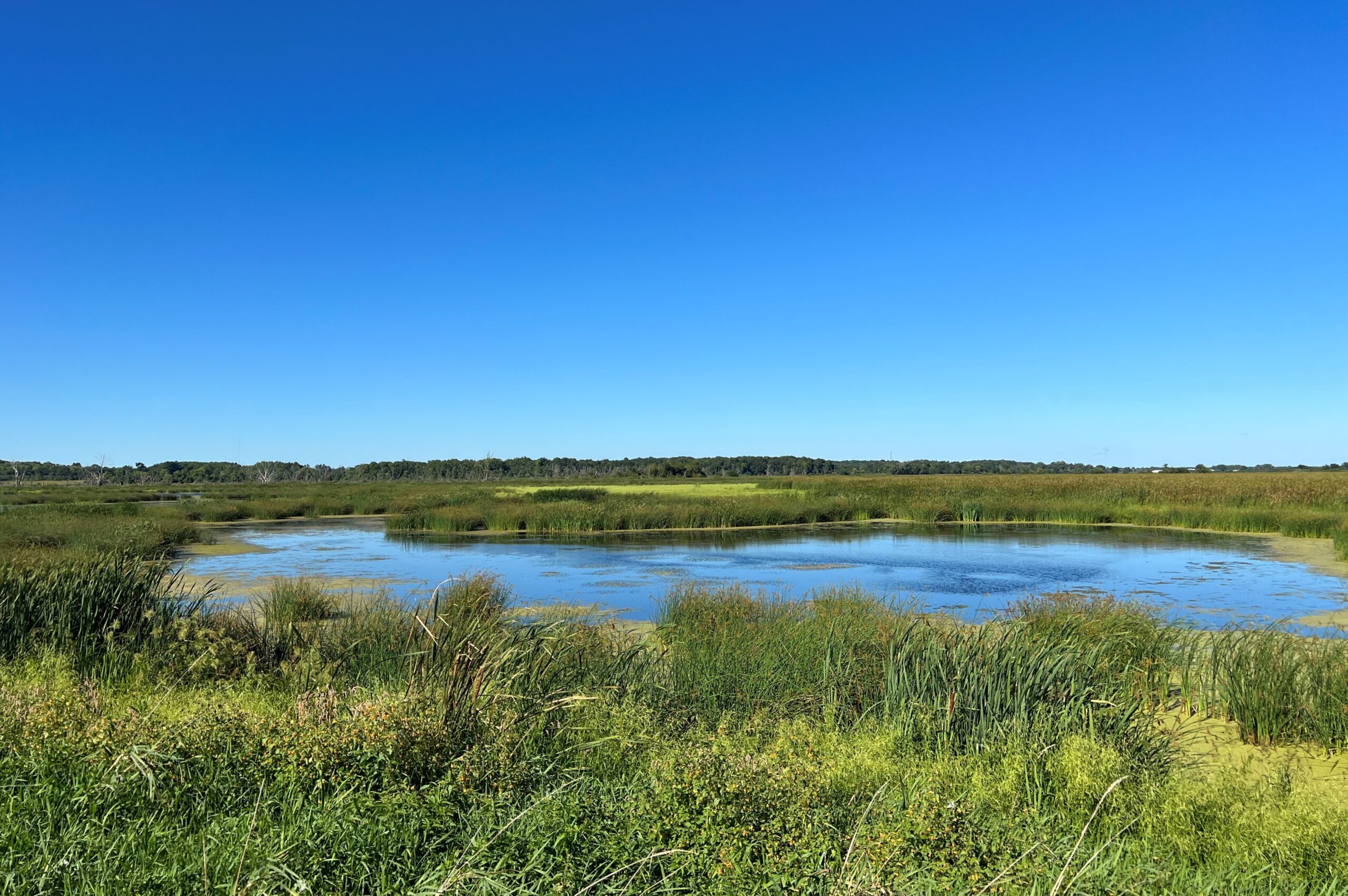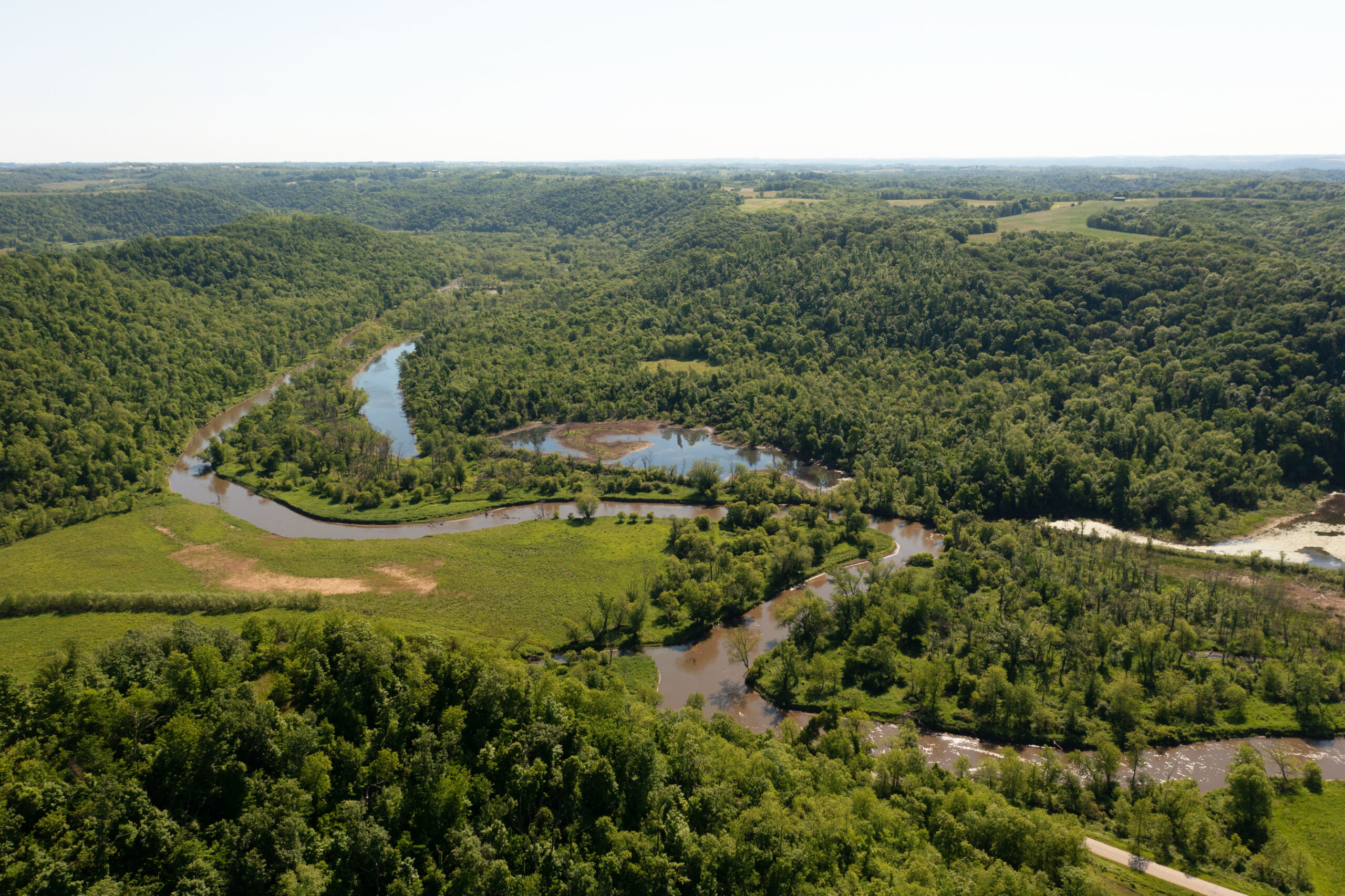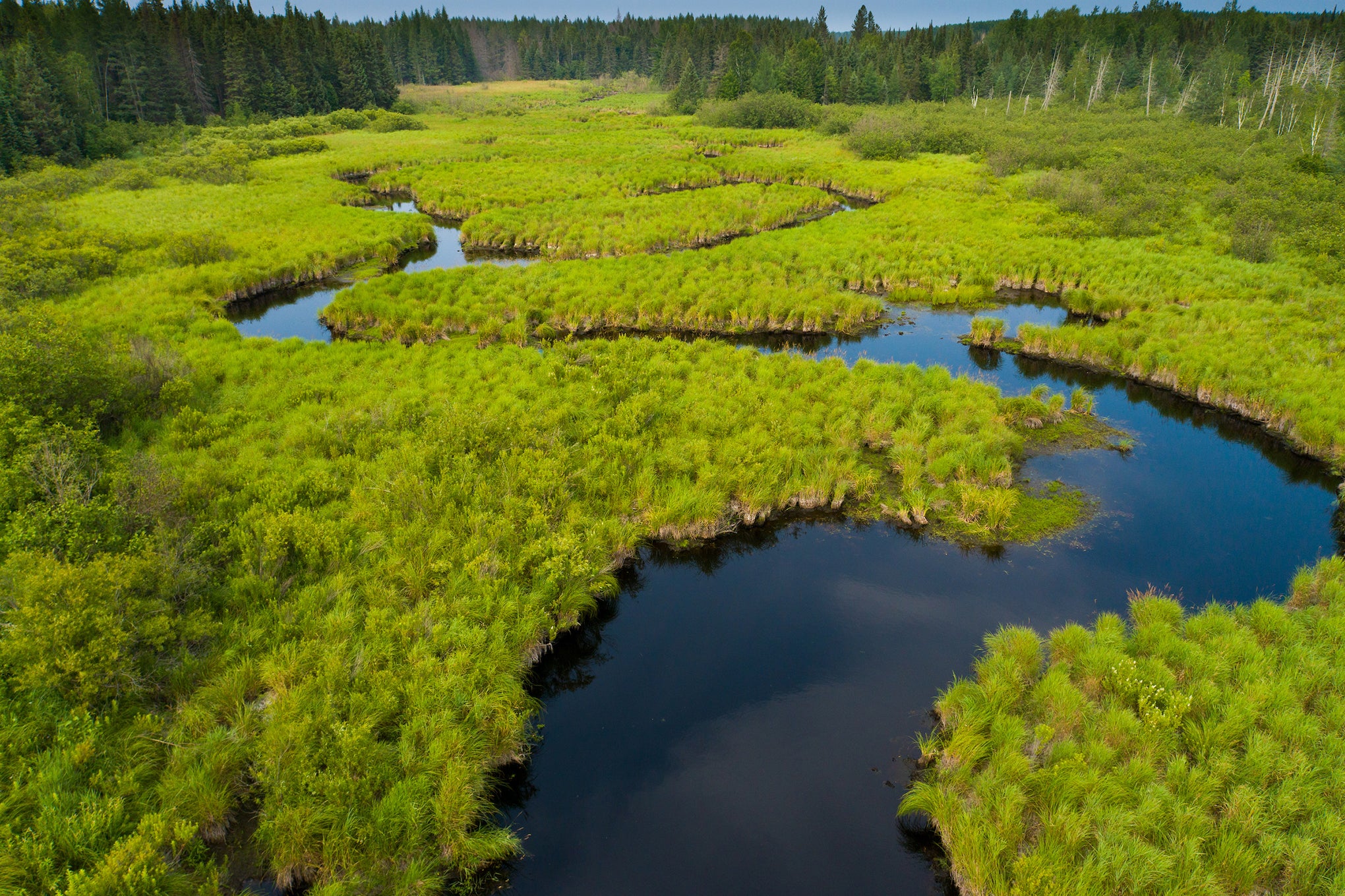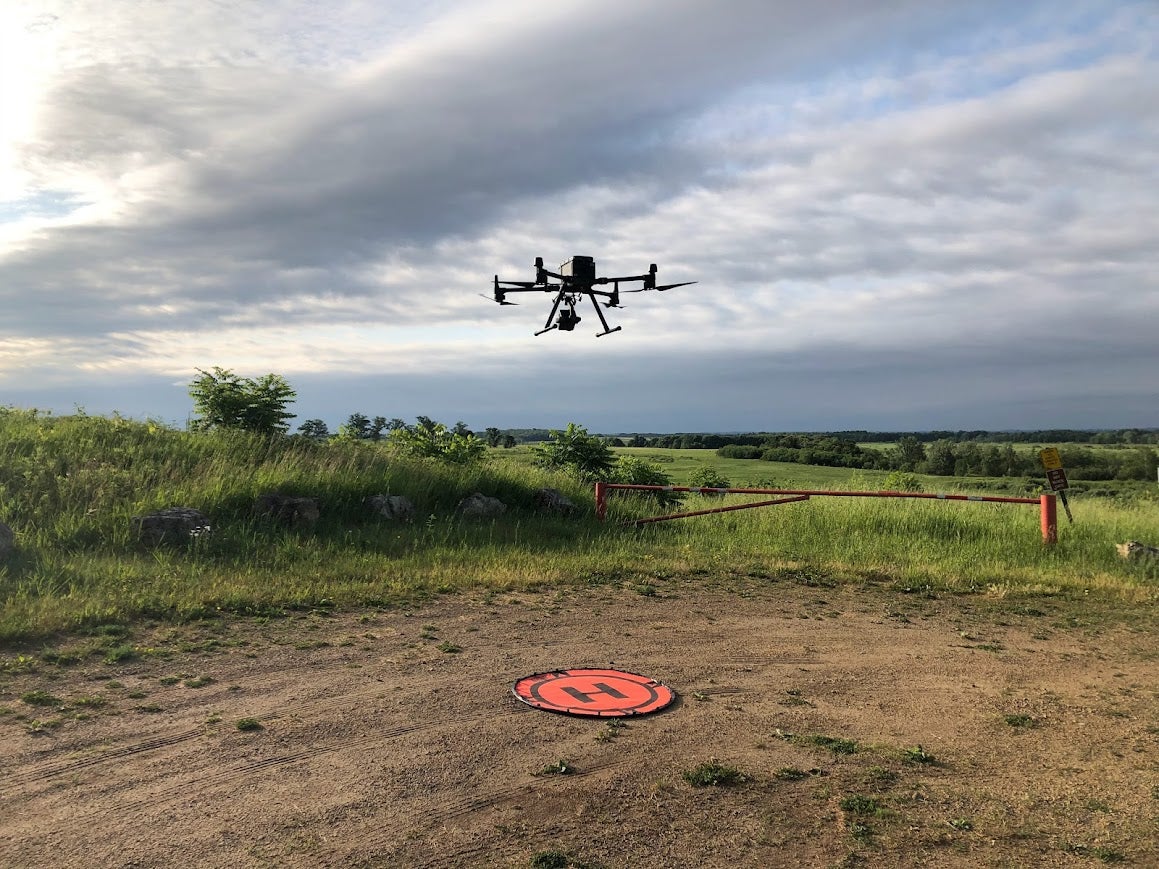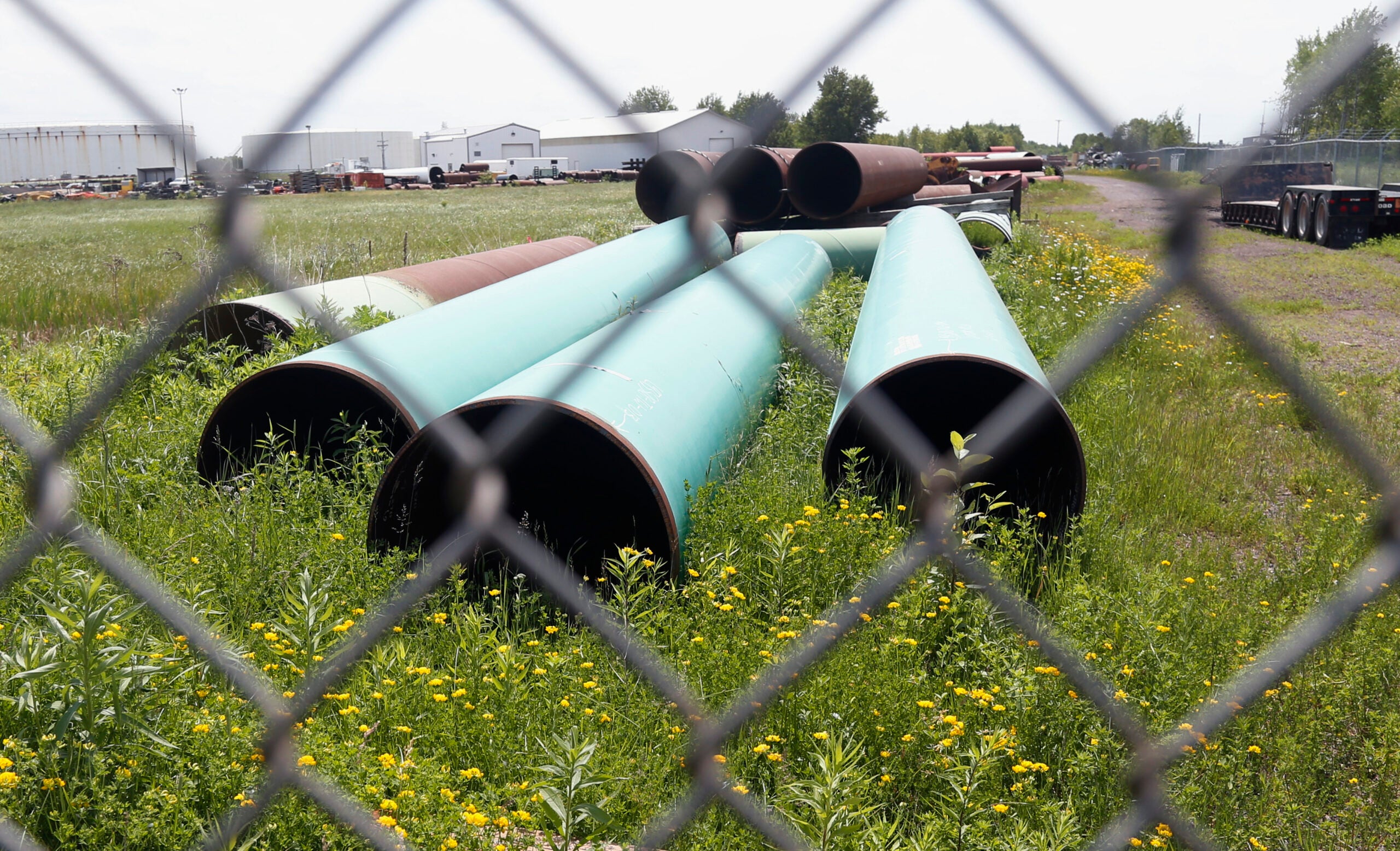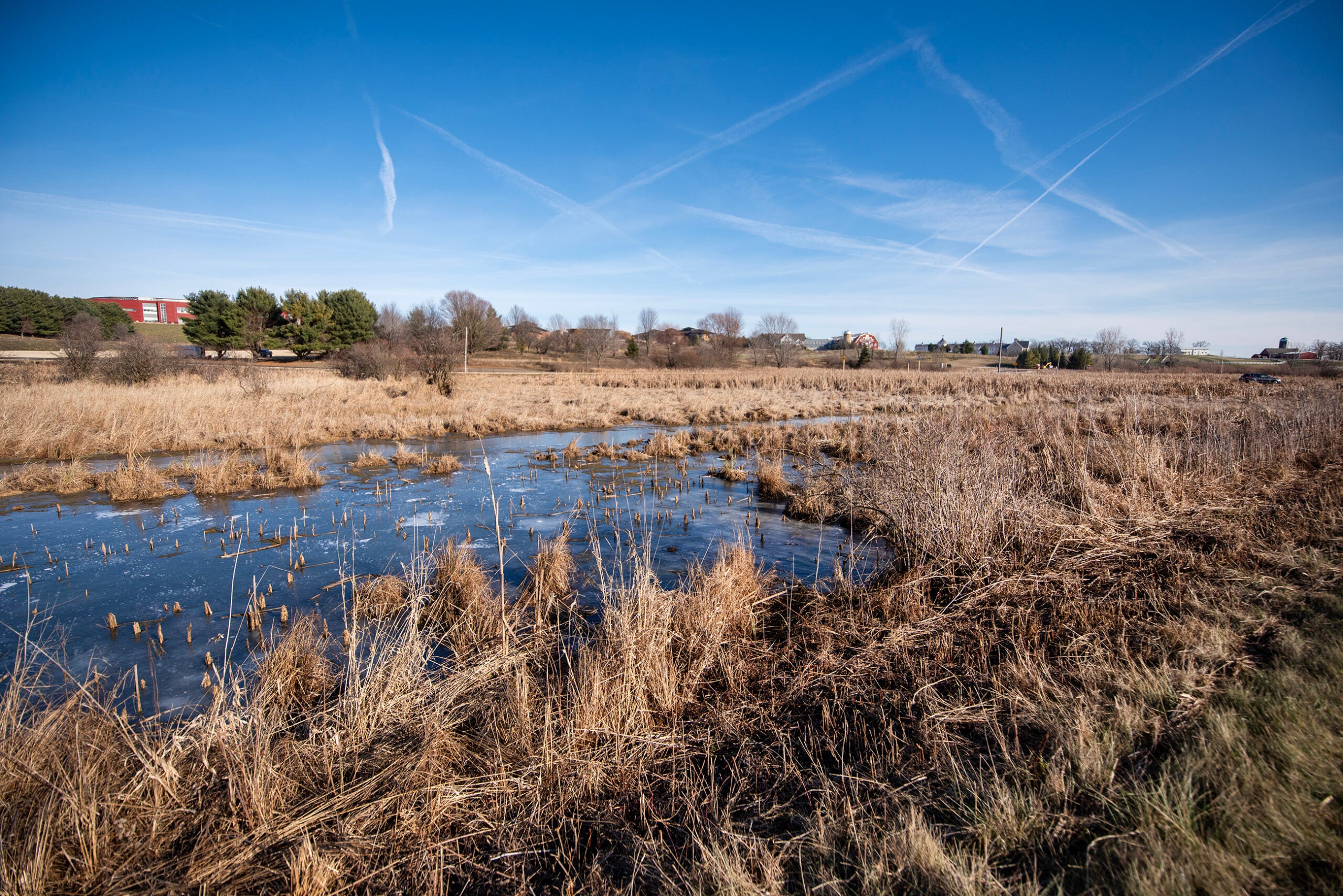A $3.6 million land purchase in southeastern Wisconsin will nearly double the size of the roughly 2,000-acre Prince’s Point Wildlife Area in Jefferson County, expanding key habitat for waterfowl and public access.
The Wisconsin Department of Natural Resources acquired 1,830 acres around three miles northeast of Whitewater in May from a private landowner that’s currently managing the property as a muck farm. It’s a type of farming where wetlands have been drained, and the remaining soil is typically used to grow vegetables like beans, potatoes and onions.
The DNR is partnering with the Natural Resources Conservation Service and Ducks Unlimited on several wetland restoration projects on the property that could begin this year or in 2024.
News with a little more humanity
WPR’s “Wisconsin Today” newsletter keeps you connected to the state you love without feeling overwhelmed. No paywall. No agenda. No corporate filter.
Rachel Barker, a DNR wildlife biologist, said the work will add four wetland ponds or impoundments that are intended to provide diverse habitat for birds and wildlife.
“By restoring it to a wetland, it’s going to put the water back in the system and help create that really organic, nutrient-rich soil that is good for all the plants, forage for wildlife, and just kind of restoring that system and all the benefits of the wetland,” Barker said.
Those benefits include enhanced flood mitigation and carbon storage, according to Brian Glenzinski, manager of conservation programs with Ducks Unlimited. He noted there are few landowners who own large blocks of land suitable for restoring wetlands.
“Not only does the project stand alone on its merits, but it is also in the perfect landscape to get the biggest bang for our buck as far as return on waterfowl,” Glenzinski said.
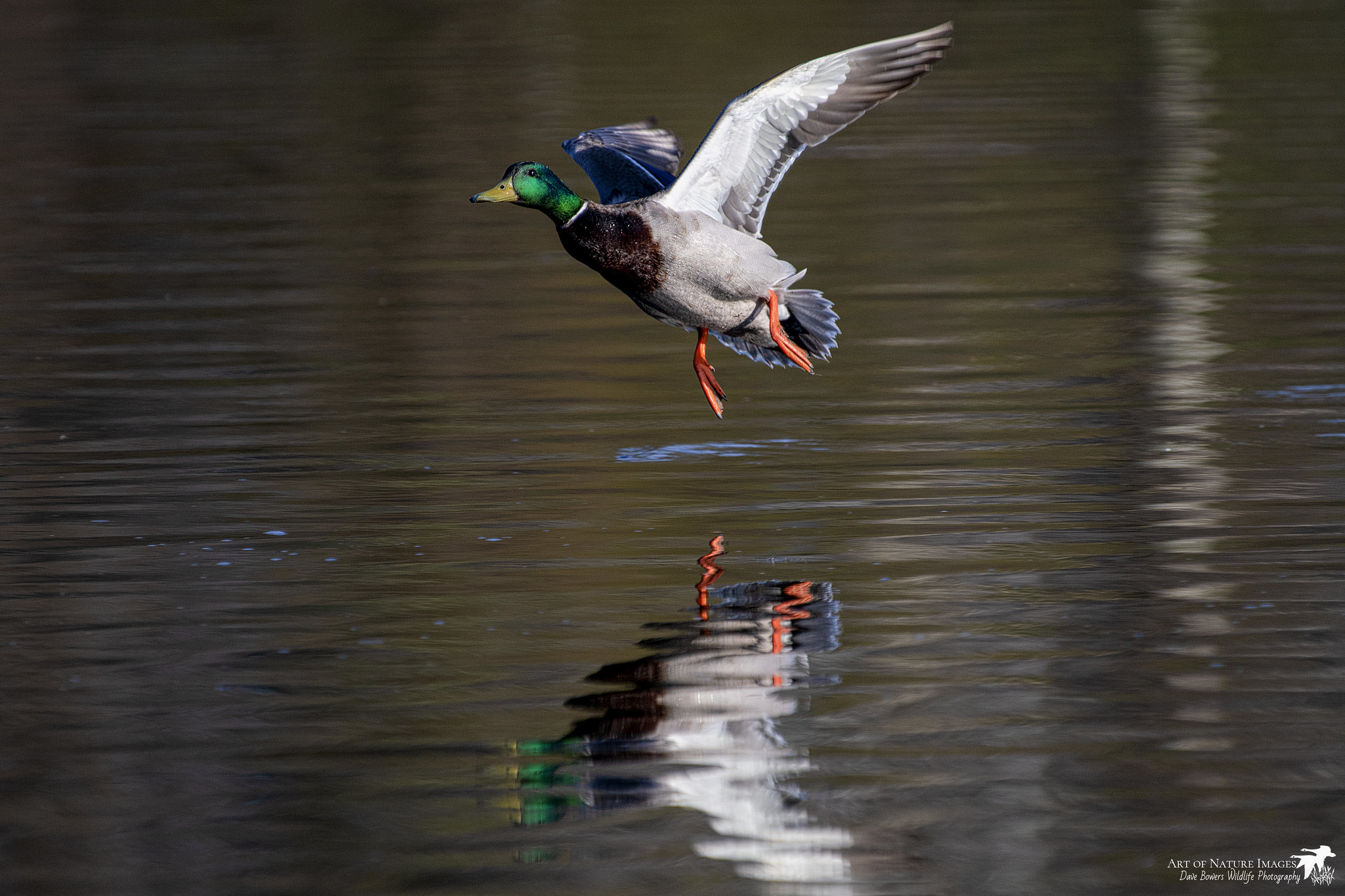
The site is located within the highest priority area to conserve habitat for waterfowl as identified in the Wisconsin Waterfowl Habitat Conservation Strategy. The DNR’s most recent waterfowl breeding population survey found the number of certain wetlands per square mile declined last year. Although, they’ve been increasing in the southeast central region overall since 1973.
Glenzinski expects the restoration effort will attract mallards, blue-winged teal, wood ducks and other migratory birds. Wisconsin has an estimated breeding population of more than half a million ducks, according to the DNR. Even so, Glenzinski said there’s a shortage of public hunting opportunities in the southern part of the state.
“We know that there’s a need in that area for (these) kind of recreation opportunities, and so that’s one of the reasons we’re so excited to be part of this program,” he said.
The DNR’s Barker said the land acquisition will also expand public access for around 4 million state residents that live within an hour’s drive of the site, including hunting and birdwatching opportunities.
“It will really provide awesome opportunity for paddling, as well,” Barker said. “There’s the Scuppernong River that goes right through the property and a few other creeks.”
As part of the work, Barker said rivers and creeks on the property will be allowed to follow more historical flows on the site as opposed to the drainage ditches currently in place.
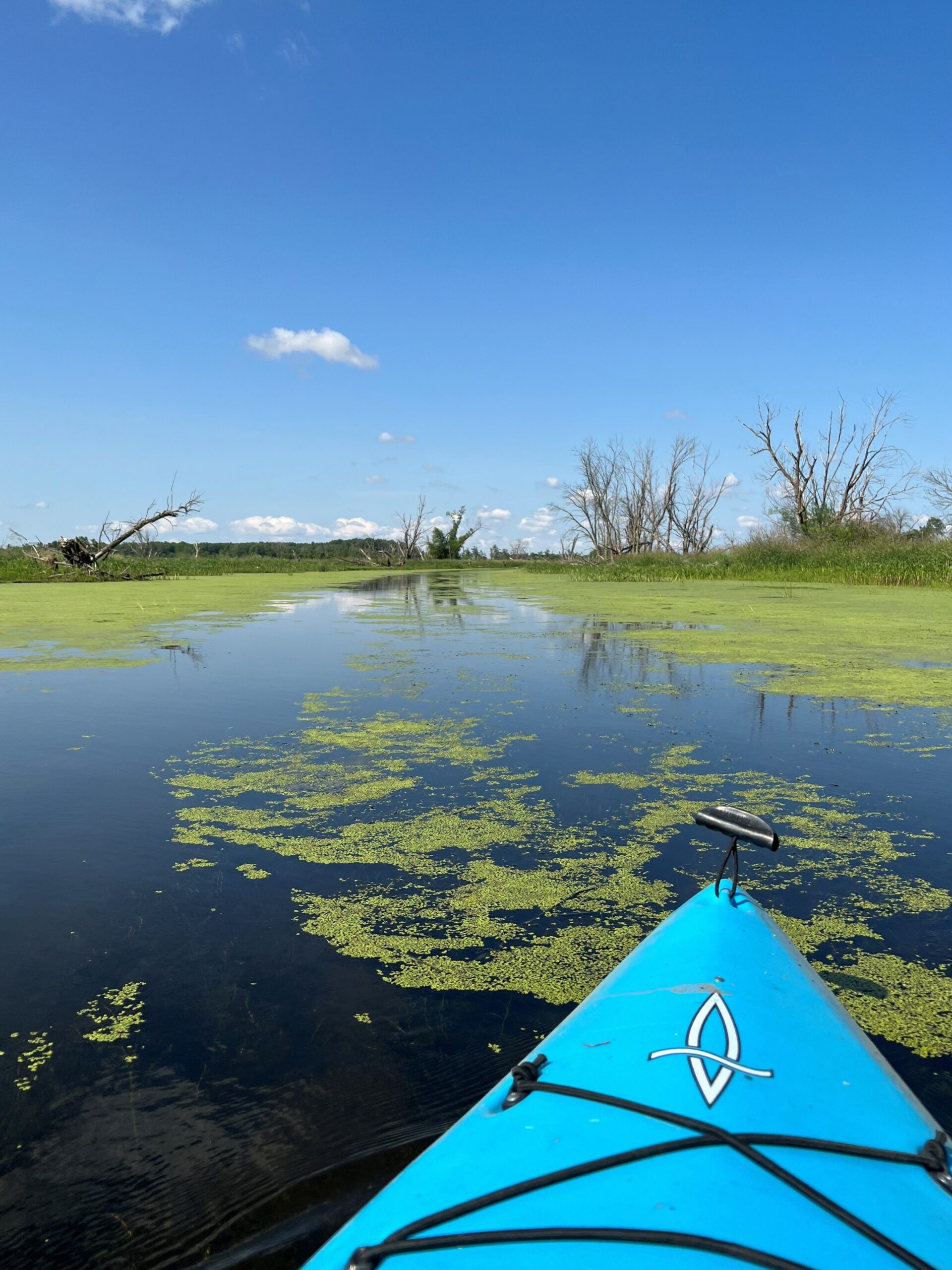
Conservation group Wisconsin’s Green Fire supports the land acquisition at Prince’s Point Wildlife Area, highlighting the region as an area where up to 75 percent of wetlands had been historically drained for agriculture. Ron Eckstein, co-chair of its public lands workgroup, said it’s the best kind of habitat for waterfowl.
“It’s very important regionally,” Eckstein said. “And, again, because that landscape is so developed, here’s a chance to do something big to restore some wetland habitat.”
The bulk of the land acquisition was paid for using money from federal Pittman-Robertson funds, which are collected through taxes on firearm and ammunition sales for wildlife management projects. The land purchase was also made possible by $245,000 from the Knowles-Nelson Stewardship Program.
The amount of stewardship funding for the project fell just below the $250,000 threshold that triggers passive review of land acquisitions by the Legislature’s Joint Committee on Finance. Conservation groups have said they’ve faced hurdles with land acquisitions as GOP lawmakers have objected to preserving land for the public.
Earlier this year, the Republican-controlled committee killed $4 million in stewardship funding for the Pelican River Forest, which is the largest land conservation effort in state history. Republican legislators have voiced concern about the effects of land purchases on the local tax base and state debt.
Wisconsin Public Radio, © Copyright 2025, Board of Regents of the University of Wisconsin System and Wisconsin Educational Communications Board.

